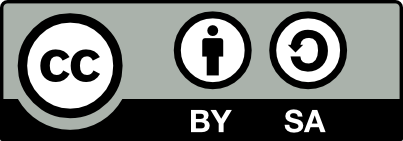Oddziaływanie kamery na przebieg i efektywność procesu kształcenia językowego w trybie zdalnym – badanie empiryczne / The Impact of the Camera on the Course and Effectiveness of the Language Education Process in Remote Mode – an Empirical Study)
DOI: 10.23817/lingtreff.24-19 (published online: 2024-01-24)
pp. 275–290
Keywords: camera, remote teaching, remote language class, pandemic education, emotions
The concept of a comfort zone, most often defined as a psychological space of safety that sets boundaries for our day-to-day functioning, can also find its reference in the process of learning a foreign language. The experiences of the pandemic distance learning show that the turned off camera is the basic element constituting the comfort zone of students during synchronous language classes. The status of the camera often becomes a bone of contention between teachers, who perceive it as a tool that allows for building a positive relationship and contact with class participants, and students who identify it with a lack of a sense of security, freedom or privacy. This paper will present the results of an online survey conducted among teachers (13) and students (36) of Dutch philology, made of 13 questions concerning the function, reception and purposefulness of turned on / off cameras during remote classes. The collected data was subjected to qualitative and quantitative analysis, which revealed that an on-camera in remote language classes evokes mostly negative emotions in students, while an off-camera evokes mostly positive emotions; for teachers, the relationship is largely reversed. However, for both groups of respondents, the predominant belief is that there is a positive correlation between the camera being on and effectiveness of the class.

